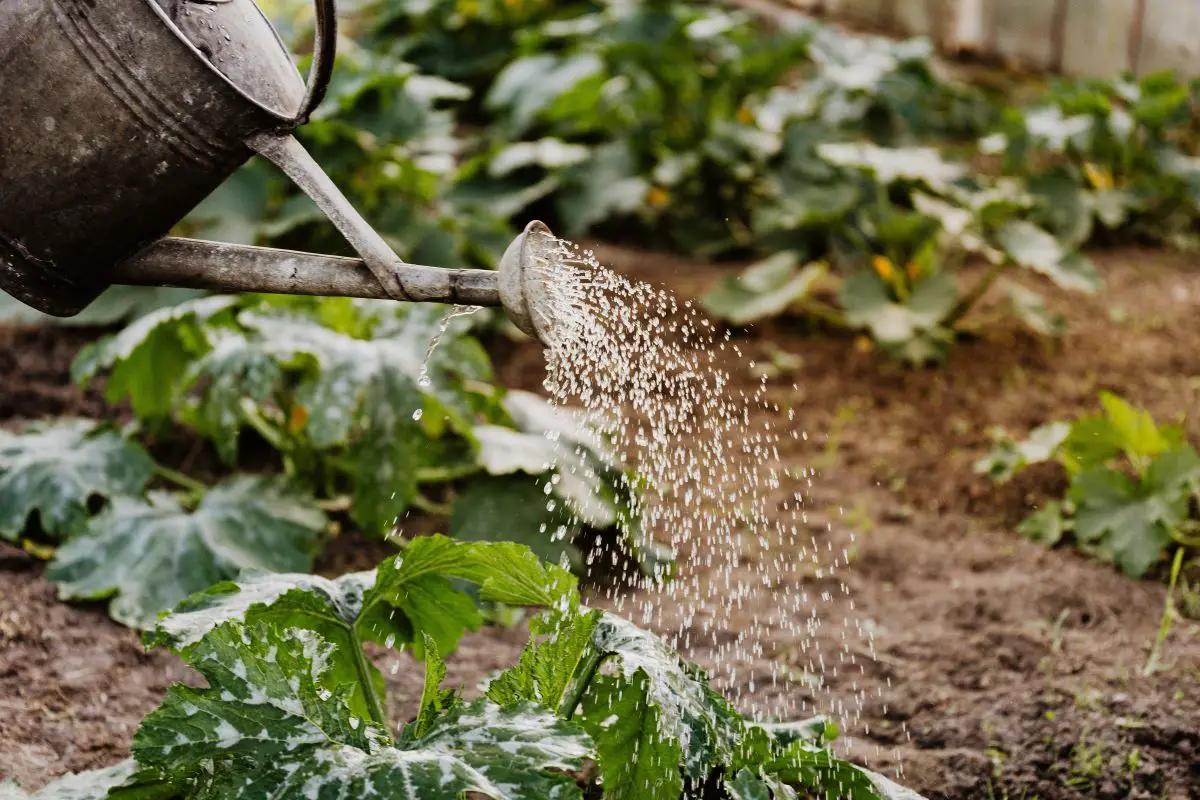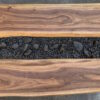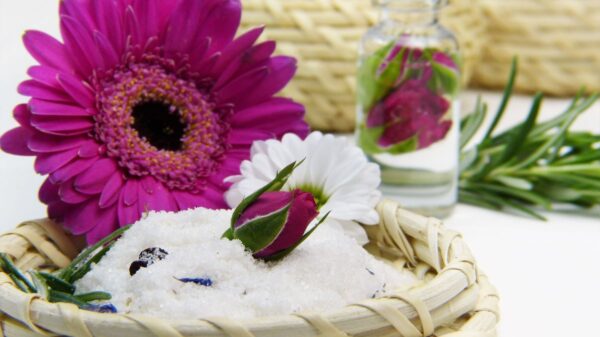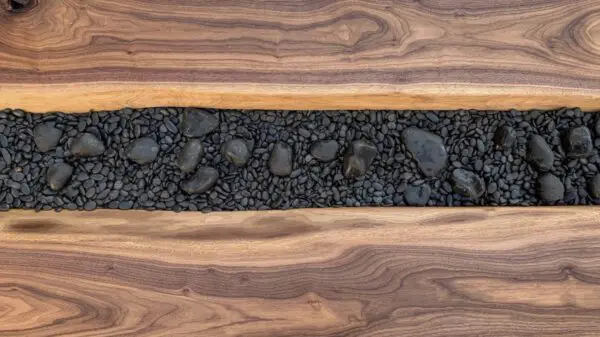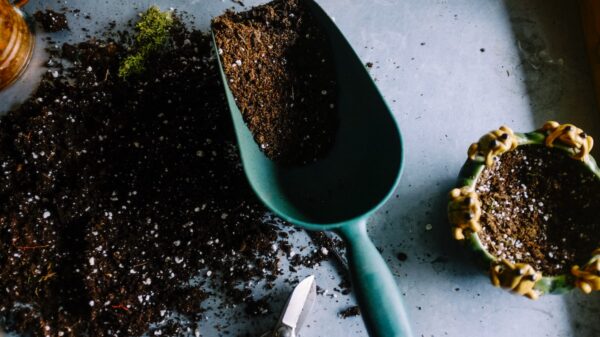Getting Rid of Ants in the Garden Without Killing Plants
Gardening is a rewarding and therapeutic hobby, but it can quickly turn into a nightmare when ants invade your garden. These pesky insects can harm your plants and disrupt the beauty of your outdoor space. However, fear not! In this comprehensive guide, we will explore various ways to get rid of ants in your garden without resorting to harmful chemicals that could harm your precious plants.
Understanding Ant Behavior
Ants are fascinating creatures that play a vital role in the ecosystem. However, when their presence becomes problematic, it’s essential to delve into the intricacies of their behavior. By comprehending their patterns, we can effectively address the issue without causing harm to our gardens.
Ant Behavior: Ants are highly organized social insects that typically live in colonies. These colonies can range in size from a few dozen to thousands of individual ants. Understanding their behavior is crucial in managing their impact on your garden.
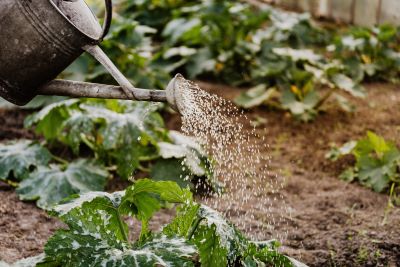
Foraging for Food and Water
Ants are diligent foragers, continually seeking out food and water sources. They have an incredible ability to locate even the smallest crumbs or droplets. This natural foraging behavior often leads them into gardens in search of sustenance.
Food Trails: Ants establish food trails, which are chemical signals they use to guide other colony members to food sources. These trails can become quite visible in your garden as ants repeatedly travel back and forth to their nest.
Feeding Preferences: Different ant species have varying dietary preferences. While some are attracted to sugary substances, others are more interested in proteins, fats, or even plant material. Recognizing the type of ants in your garden and their preferred food sources can help in devising effective control methods.
Creating Ant-Friendly Barriers
One of the most effective ways to prevent ants from infiltrating your garden is by establishing barriers that are not only safe for your plants but also act as a natural deterrent for ants. These barriers serve as a protective shield, keeping ants at bay and ensuring the well-being of your garden.
Use Diatomaceous Earth
Diatomaceous earth is a natural and plant-safe solution to ward off ants from your garden. This fine, powdery substance, composed of fossilized algae, works by damaging the exoskeleton of ants upon contact. As ants crawl over it, the diatomaceous earth absorbs the protective oils from their exoskeleton, leading to their eventual dehydration and demise. Simply sprinkle diatomaceous earth around your plants and garden beds to create an effective protective zone that ants will be reluctant to cross.
Cinnamon and Cloves
Ants have a strong aversion to certain scents, and cinnamon and cloves are among the most effective natural repellents. Sprinkling these aromatic spices around your garden creates a sensory barrier that deters ants from entering. The pleasant fragrance of cinnamon and cloves for humans is a stark contrast to the unpleasant aroma it poses to ants, making them reconsider their entry into your garden.
Lay Down Chalk Lines
Drawing chalk lines around your garden beds can be a simple yet effective method to deter ants. Chalk is primarily composed of calcium carbonate, which disrupts the chemical scent trails that ants use for navigation. As ants come into contact with the chalk lines, their ability to communicate and find their way becomes significantly impaired. This interference makes it challenging for them to navigate through your garden, naturally keeping them away from your precious plants.
Vinegar and Water Spray
A mixture of vinegar and water serves as both an ant deterrent and a garden soil enhancer. Mix equal parts of water and white vinegar in a spray bottle and liberally apply this solution around your garden. The strong scent of vinegar repels ants and discourages them from entering your garden. Additionally, the diluted vinegar can enrich your garden soil with essential nutrients, making it a win-win solution for both your plants and your ant problem.
By implementing these ant-friendly barriers, you can effectively protect your garden from ant infestations while ensuring the safety and well-being of your cherished plants. These natural and plant-safe methods offer an eco-friendly way to maintain a thriving garden sanctuary.

Attracting Natural Predators
Incorporating natural predators can help keep ant populations in check without harming your plants.
Introduce Beneficial Insects: Ladybugs, lacewings, and parasitic wasps are natural predators of ants. Encourage these insects in your garden to create a balanced ecosystem.
Plant Selection and Maintenance
Your choice of plants and their care can influence the presence of ants in your garden.
Plant Mint: Mint has a strong scent that repels ants. Planting mint near susceptible plants can help keep ants away.
Pruning and Weeding: Regular pruning and weeding maintain a tidy garden, removing hiding spots and excess debris that attract ants.
Maintain Hydration: Ensure your garden plants are well-watered. Ants are more likely to visit in search of water if your garden is dry.
How to Get Rid of Ants in Garden Without Killing Plants
Now, let’s delve into more specific methods to tackle ant infestations.
Homemade Ant Traps
When it comes to reducing ant populations in your garden in an eco-friendly manner, homemade ant traps can be a highly effective solution.
Borax and Sugar Bait: This simple yet potent homemade ant trap involves mixing borax with powdered sugar and placing it in shallow containers strategically positioned in your garden. Ants are naturally drawn to the sweetness of sugar but will unwittingly carry the borax back to their nest. Over time, this will lead to the gradual eradication of the ant colony, offering a long-term solution.
Maple Syrup and Borax: Another homemade ant trap you can consider is a mixture of maple syrup and borax. The irresistible sweetness of maple syrup attracts the ants, while the borax acts as a lethal component. As the ants consume the bait, the borax takes its toll, ultimately reducing the ant population in your garden.
Commercial Ant Repellents
While homemade solutions are eco-friendly and cost-effective, sometimes they may not provide the desired results. In such cases, turning to commercial ant repellents can be a viable alternative, especially when these products are plant-safe.
Ant Gel Baits: Ant gel baits are a popular choice when dealing with ant infestations in gardens. These baits are carefully designed to be safe for plants while effectively targeting ants. They come in convenient syringe-like applicators, allowing you to place the gel directly near ant trails or affected areas. The ants are lured by the attractive scent of the gel and unknowingly carry it back to their nest, where it disrupts and ultimately eliminates the colony.
Ant Repellent Sprays: Commercial ant repellent sprays are formulated to create a protective barrier that ants find difficult to cross. These sprays are designed with plant safety in mind, ensuring that your garden remains unharmed while effectively deterring ants. Simply apply the spray around the perimeter of your garden or on ant-prone areas to prevent further ant intrusion.
Choosing between homemade ant traps and commercial ant repellents depends on the severity of your ant problem and your personal preferences. Both approaches offer eco-friendly and plant-safe solutions to help you maintain a thriving, ant-free garden.
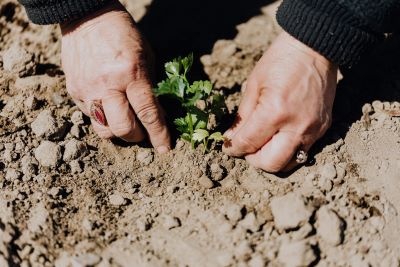
FAQ
Q: Are ants harmful to garden plants?
A: Ants themselves do not directly harm garden plants. However, they can form mutualistic relationships with aphids, which can damage plants. Controlling ant populations is essential to protect your garden.
Q: Can I use chemical pesticides in the garden?
A: While chemical pesticides can be effective in eradicating ants, they may also harm your plants and the environment. It’s advisable to consider natural and eco-friendly solutions to safeguard your garden’s overall health.
Q: What if I have fire ants in my garden?
A: Fire ants are known for their aggressive behavior and painful stings. Dealing with them can be challenging. In the case of a fire ant infestation, it’s best to consult a professional pest control service with expertise in handling such situations safely.
Q: Are there any plants that naturally repel ants?
A: Yes, some plants are known for their natural ant-repelling properties. Mint and marigolds are among the most effective. Planting these near your garden can help keep ants at bay.
Q: How long does it take to get rid of ants using homemade traps?
A: The time it takes to eliminate ants using homemade traps can vary. It typically ranges from a few days to a week, depending on factors such as the size of the ant colony and the effectiveness of the trap.
Q: Can I use essential oils to repel ants in the garden?
A: Yes, essential oils like peppermint, tea tree, and lemon can be utilized to create natural ant-repelling sprays. These oils have strong scents that ants find unpleasant, making them an eco-friendly and safe choice for repelling ants in your garden.
In Conclusion
Maintaining a garden free from ants without harming your beloved plants is entirely achievable. By understanding ant behavior, employing natural deterrents, attracting beneficial insects, and using homemade or commercial ant traps, you can create a harmonious and ant-free garden. Embrace these methods to enjoy the beauty and serenity of your garden without unwanted ant guests.


